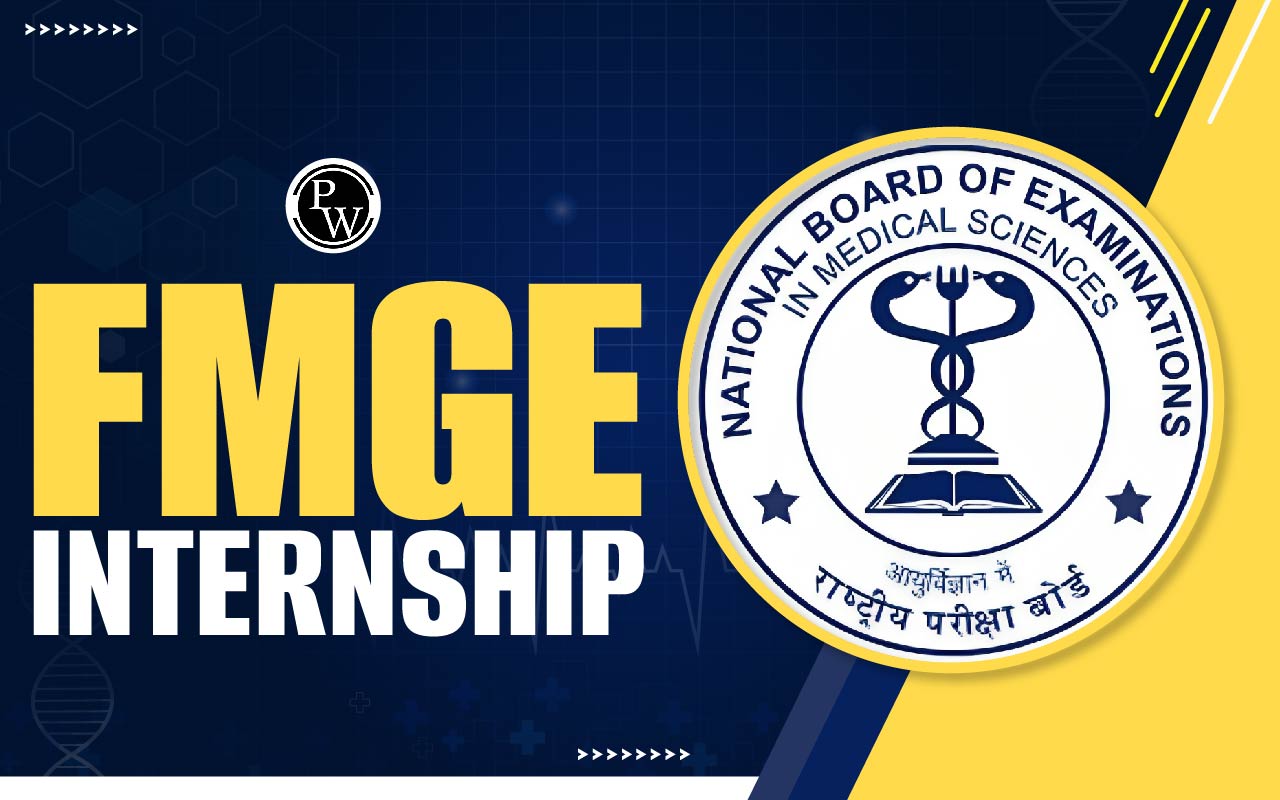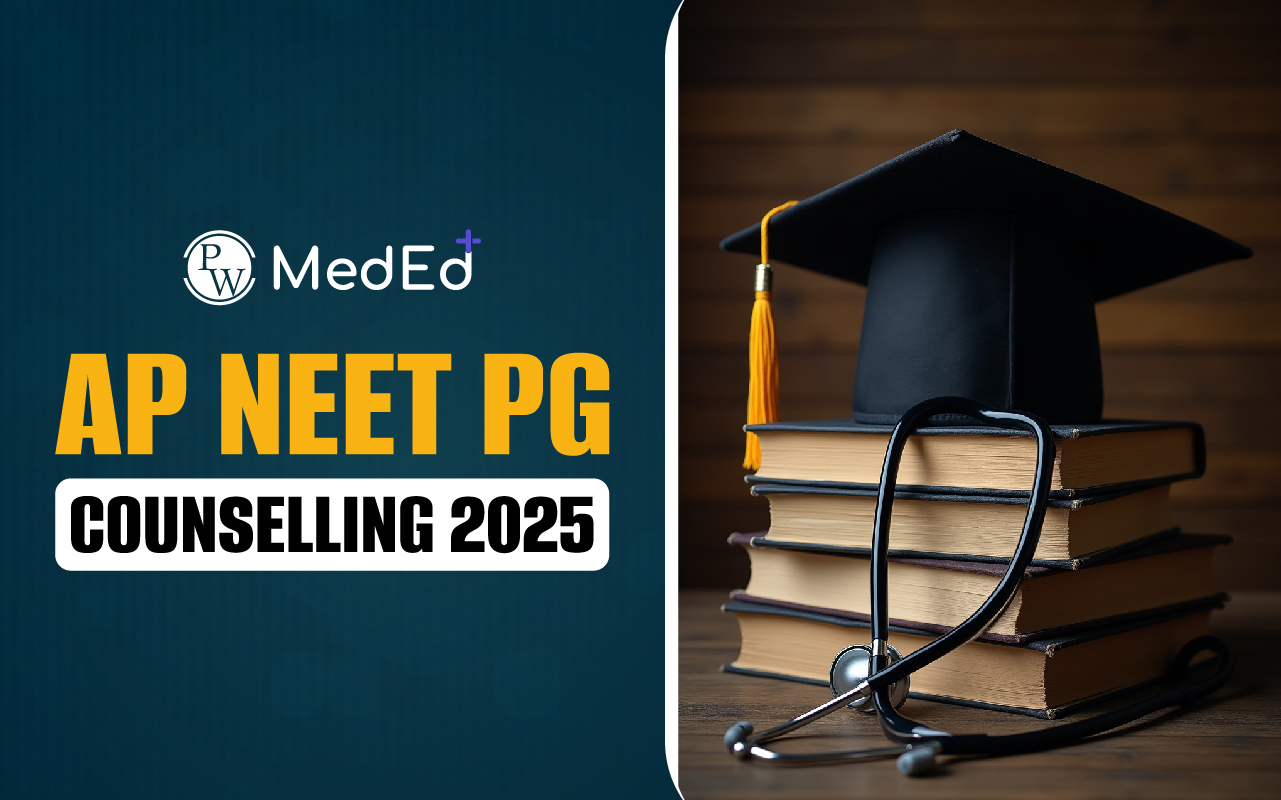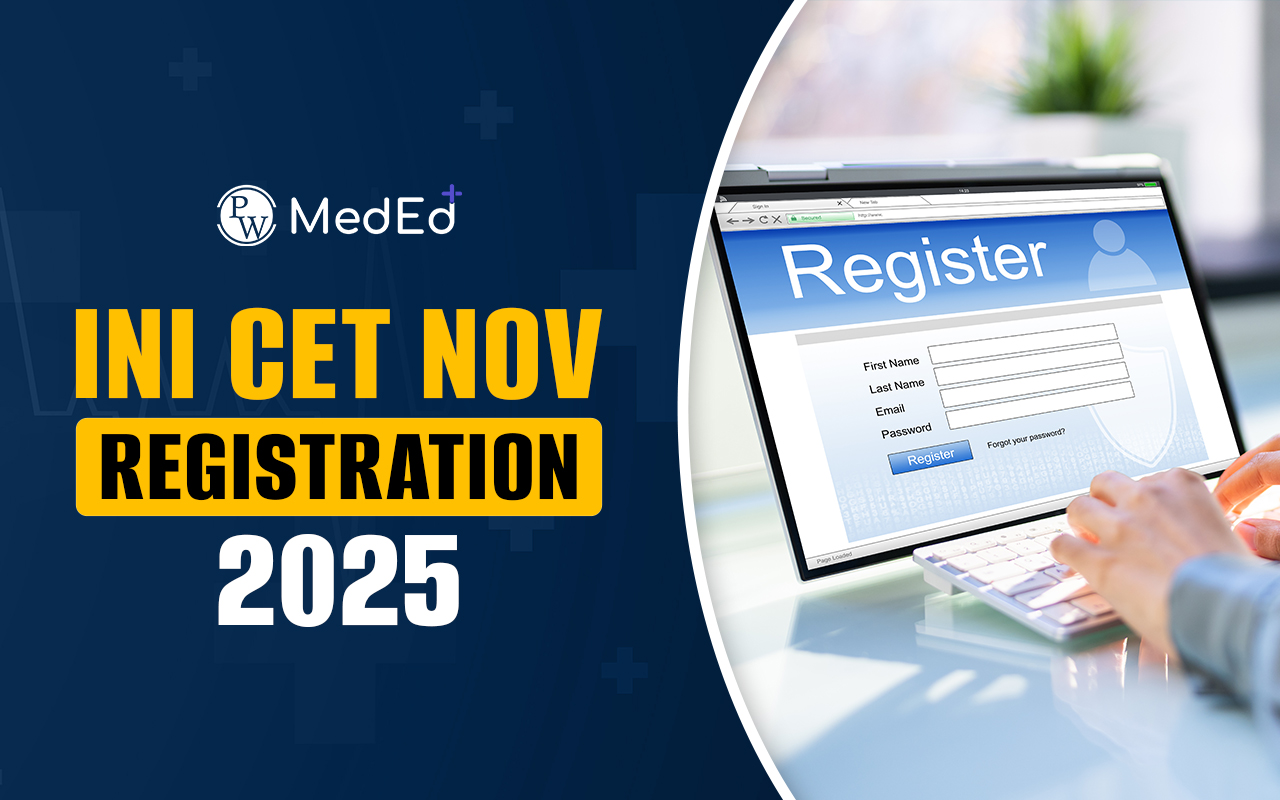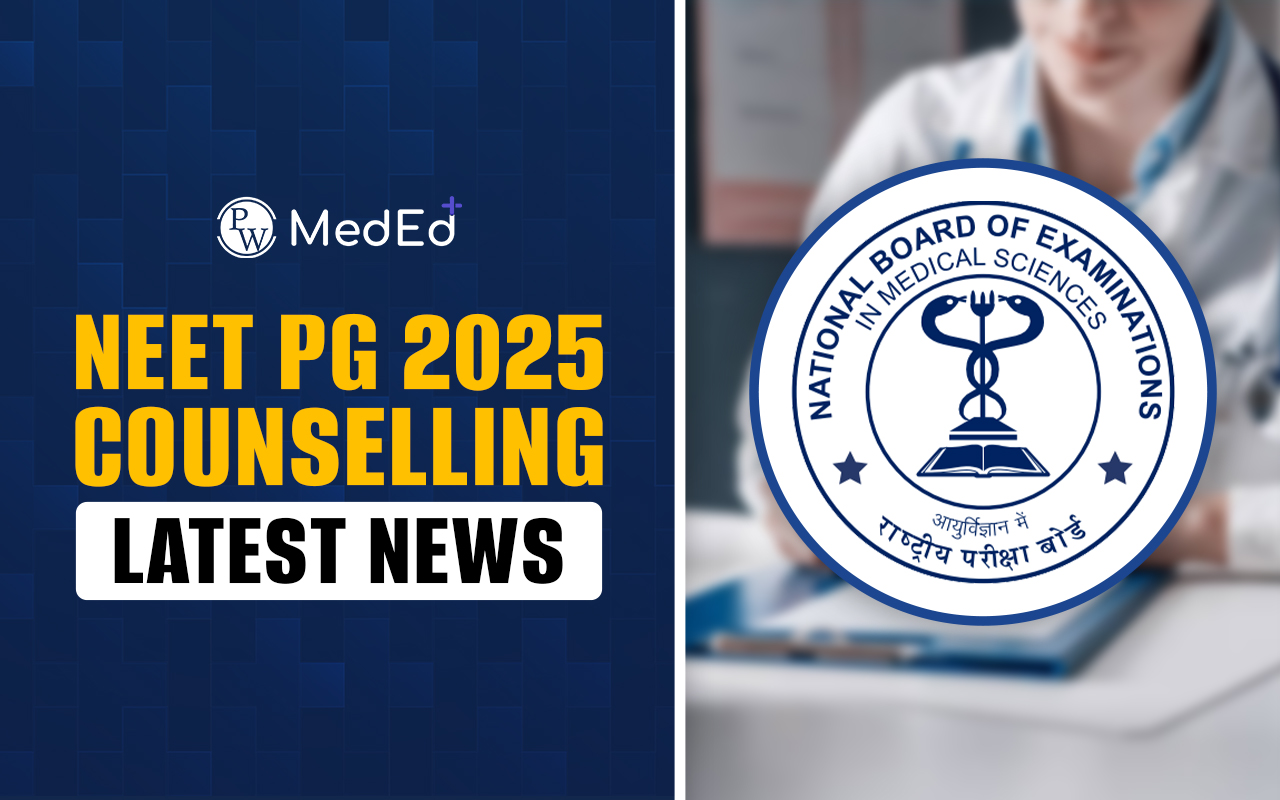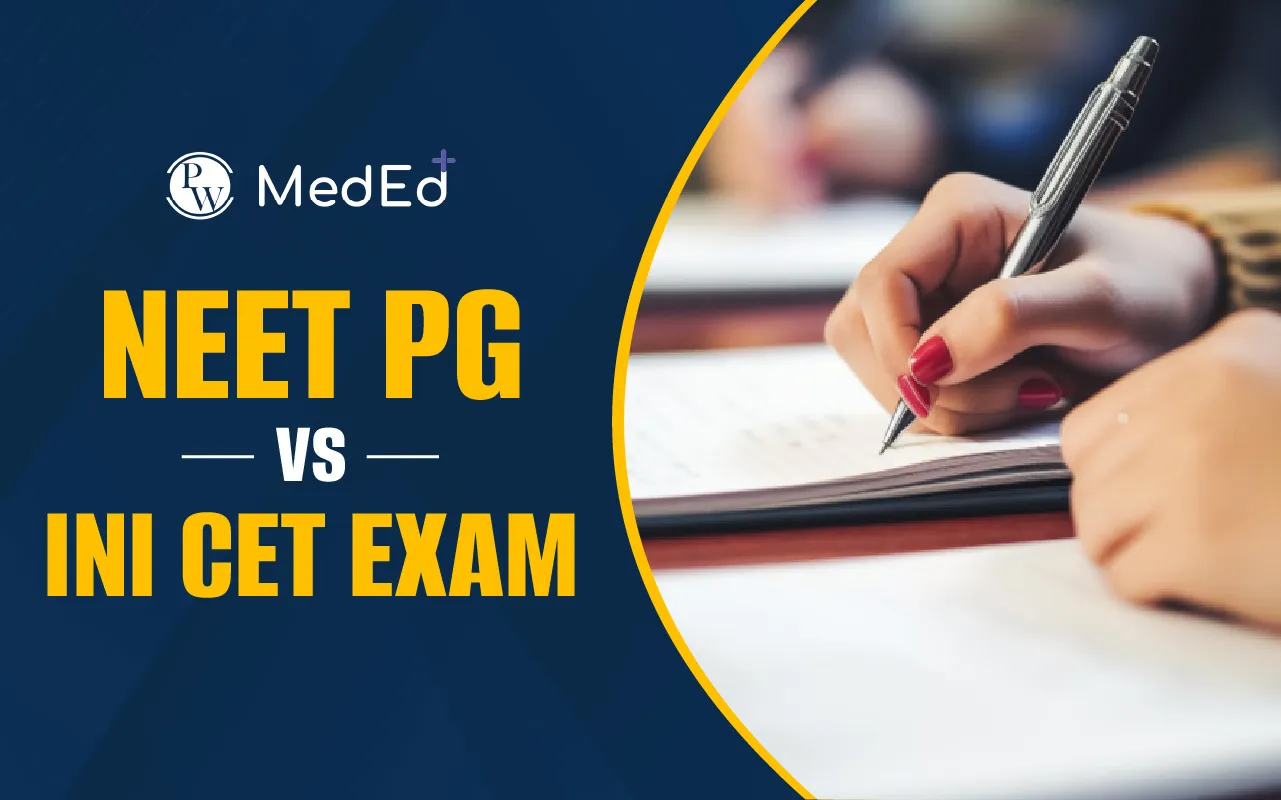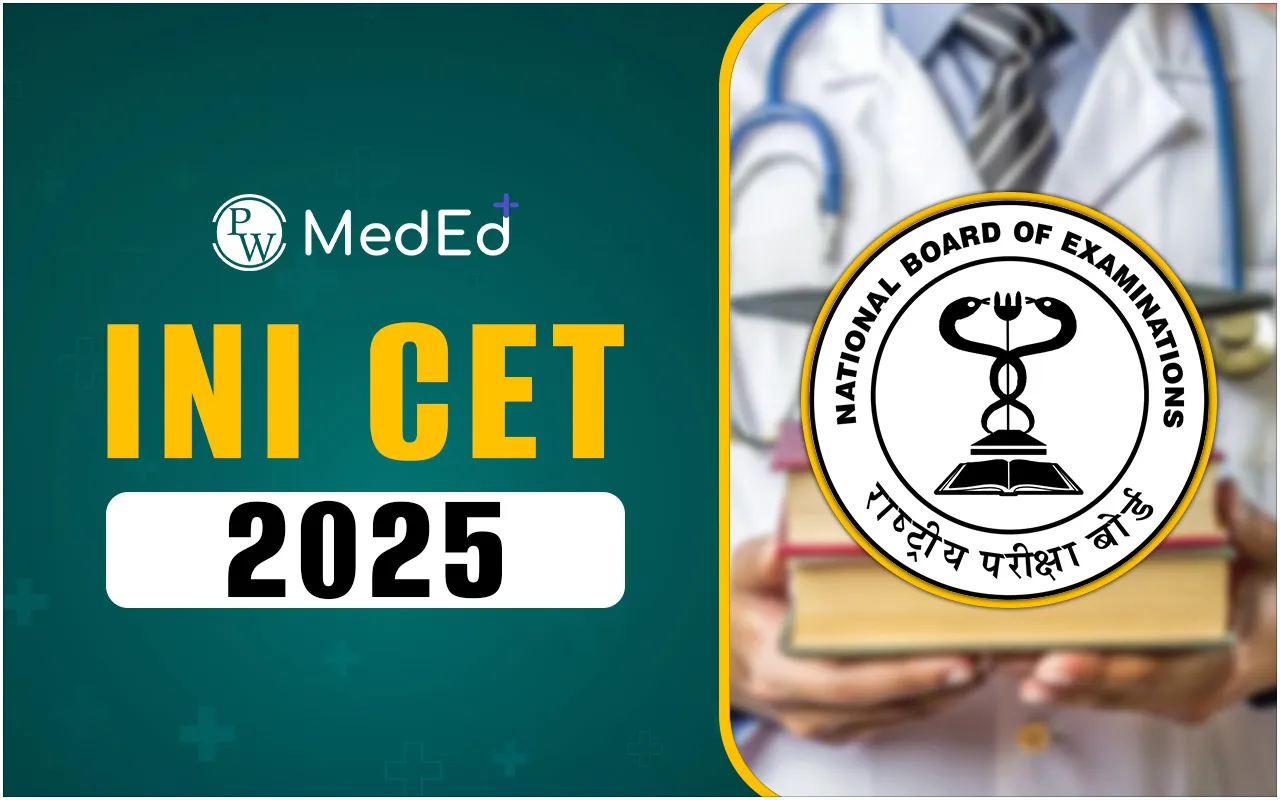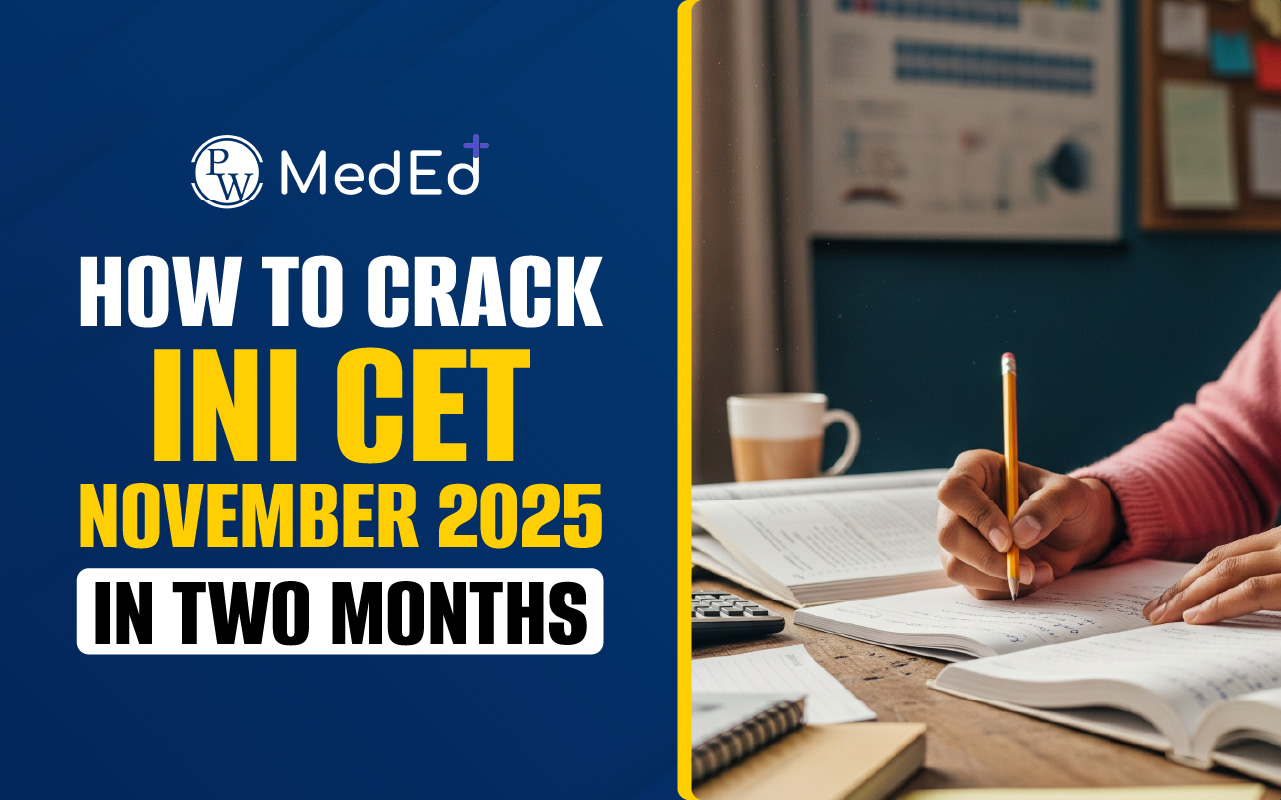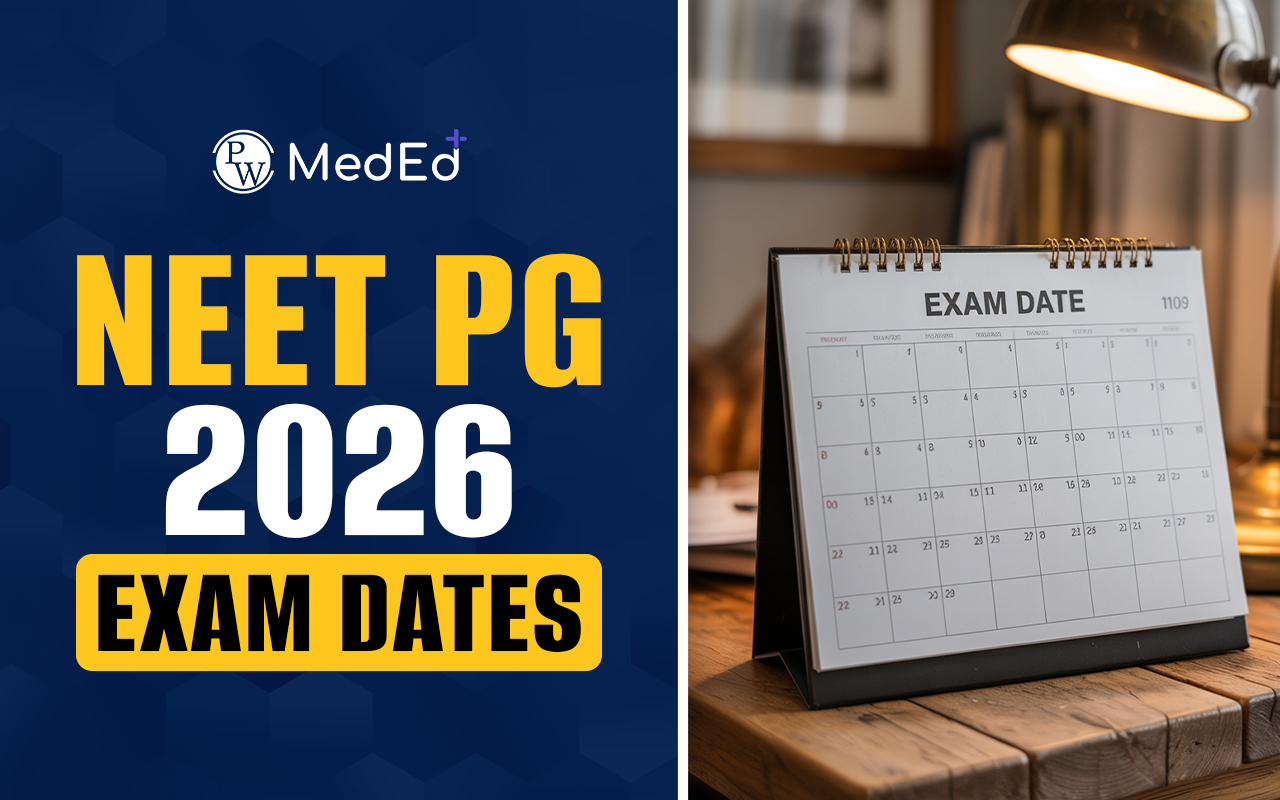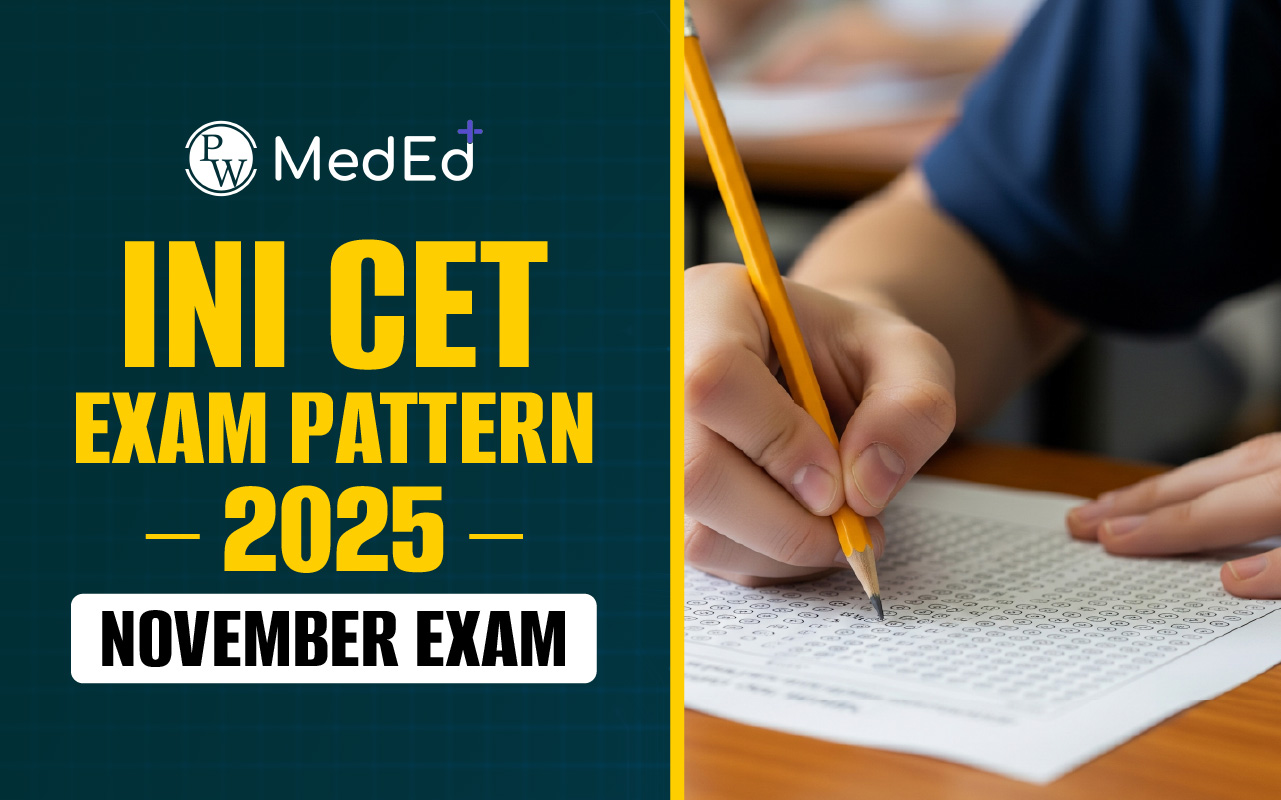
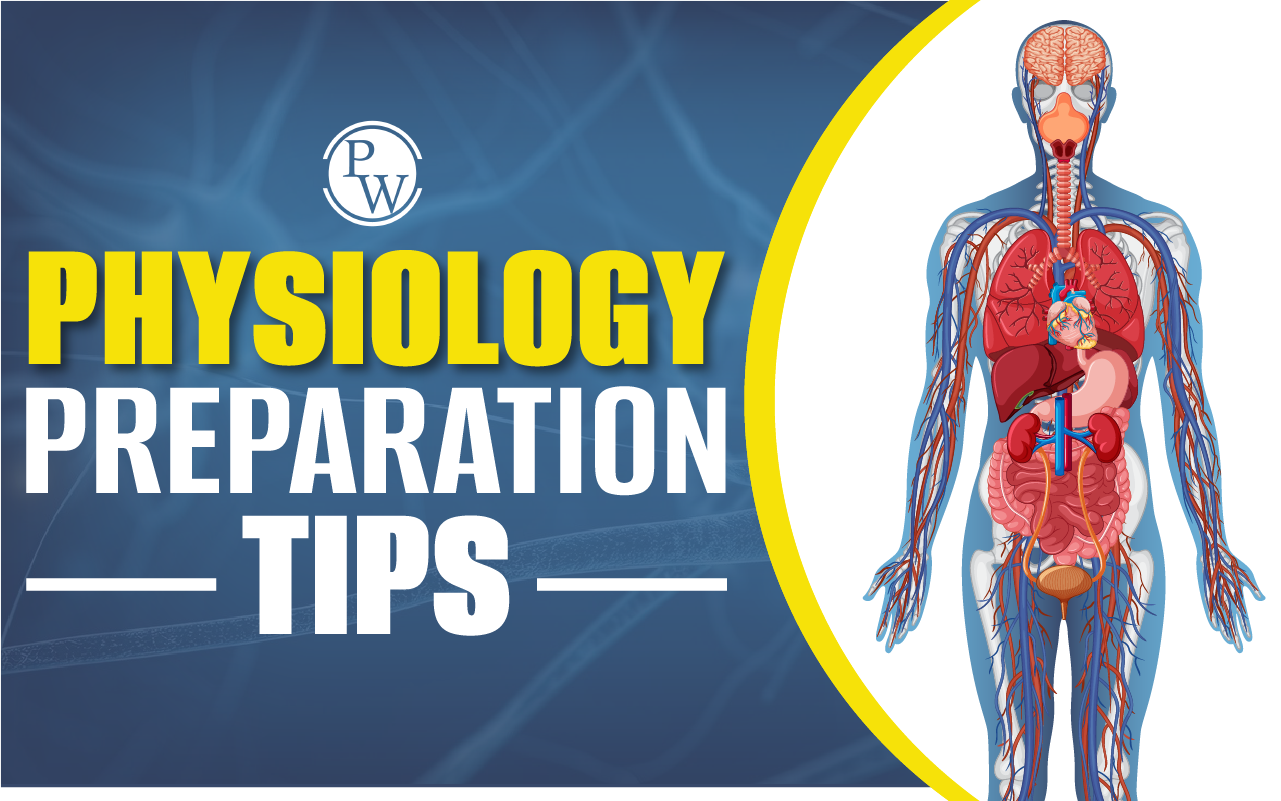
Physiology is taught in the pre-clinical phase of the Bachelor of Medicine, Bachelor of Surgery (MBBS) course. Medical students learn how the human body functions and works in the physiology subject. Understanding the concepts of Human Physiology is essential for medical undergraduates in their first year so they can score high in the MBBS Prof 1 and become well-trained physicians.
The physiology subject is part of the first-year curriculum of MBBS. In this subject, students learn about important subtopics like cell physiology, environmental physiology, evolutionary physiology, etc. Read on to learn how to study physiology for MBBS Prof.
How to Study Physiology for MBBS
Physiology holds great significance in the MBBS first year and later on in competitive exams like NEET PG, FMGE, and INI CET. By studying physiology medical students understand different organs, their functions, and how cells work together to carry out essential processes that keep human bodies alive and functioning. Since physiology has significant weightage in the MBBS Prof 1, students must know how to study this subject well to get high scores.
Question Based Approach
The best way to understand the concepts of Physiology for MBBS is to start asking questions. Students need to be curious about the practical aspects of this subject and relate it to real-life scenarios. Students must ask follow-up questions and doubts in lectures and dissection. For example, think from the perspective of future doctors while studying the cardiovascular system. Explore how the effective functioning of major biological systems like the digestive system is crucial for health.
This approach is highly useful to understand and relate concepts in physiology as it keeps students active in the learning process to develop a deep understanding. Further, the habit of asking questions builds critical thinking and problem-solving skills which will be useful in the MBBS Prof 1 exam and NEET PG entrance exam.
Study Physiological Parameters
Medical students need to study physiological parameters which are required for the accurate interpretation of data for clinical scenarios. Delve deeper into standard medical textbooks and study the normal ranges for various parameters. Study normal ranges for blood pressure, heart rate, and body temperature that are regularly required in the medical career. Medical students must be well acquainted with laboratory values like blood glucose levels, renal function markers, and electrolyte concentrations.
To understand these concepts students can get help from standard resources and course books. MBBS students must consult their professors whenever required to understand the core concepts of physiology. Physiological parameters are not limited to theoretical parts and are relevant for later medical careers, hence students must command them to perform well in exams and beyond.
Solve PYQs of Physiology
Previous year questions (PYQs) are an essential part of preparation for any exam. To score well in the physiology subject of MBBS Prof 1, students need to solve previous years' questions and identify important areas to be covered. Go through the website of your university and download the previous year's MBBS Prof question papers. Often questions and topics are repeated from the previous year's question papers. Therefore, students should develop the habit of solving question papers before studying any topic in physiology.
PYQs help students focus on essential concepts like neurophysiology and cover the vital information related to it for the MBBS Prof 1 exam. Also, the PYQ solving approach helps develop a better recall of learned information on exam day.
Focus Quality of Studying
Physiology is a vast subject and MBBS students can not rely on cramming the information. Quality of learning must be the focus of students while studying physiology for MBBS. Learn concepts by diagrammatic representation of physiological processes. Comprehend topics with the help of online resources like YouTube videos. Further students need to learn the diagram skill to score better in the MBBS Prof 1 exam. Do not focus on learning hours but evaluate the output of the study based on an understanding of concepts.
The ideal approach to studying physiology is to focus on the quality of learning over the quantity of learning. Dedicate time to understand the fundamental concepts in physiology and relate them to other disciplines like anatomy. Physiology subject is not limited to a particular semester or year and this subject is a core part of a physician's career like during medical diagnosis.
Select the Best Study Material
The physiology course books and study material that you are referring to during the MBBS course must be high quality and well-researched. Students must consult only standard books as recommended in their university curriculum or by professors. In place of running behind collecting books for every single topic, pick limited and quality study resources. Referring to multiple sources out of the recommended curriculum can leave students confused.
Experts have suggested students refer to standard course books for physiology. When required take the help of quality videos or online learning platforms like Med Ed to complement the learning process. Also, students can make flashcards or short notes for memorizing terms like cardiac output and renin-angiotensin-aldosterone system (RAAS).
Interdisciplinary Approach and Application
Physiology subject can not be studied in isolation as it is one of the foundational pillars of medicine. Students need to start interlinking physiology concepts with other subjects of the pre-clinical phase like anatomy and biochemistry. The interdisciplinary approach will help students understand the application and use of physiology in the medical field. Learning about the structure of different organs, their functioning, and the chemical processes underneath them will help develop a good understanding of other clinical concepts and applications.
MBBS concepts are mostly interrelated and for a better learning experience, students will need to take an interdisciplinary approach to learning. Physiology is not limited to MBBS Prof and this is why it forms an important part of the syllabus of NEET PG and FMGE exams. Students must focus on clinical applications while studying medical subjects.
Physiology for MBBS Prof 1 - Preparation Tips
Medical students need to have a good understanding of the Physiology syllabus for MBBS Prof 1. PW Med Ed experts have provided certain useful preparation tips for students to master the Physiology subject for their MBBS course and beyond. Here are some physiology preparation tips for medical students for MBBS Prof 1:
- Complete Syllabus: The physiology syllabus is divided into multiple sub-topics and MBBS students should complete the syllabus comprehensively. Refer to standard course books and learn each topic of physiology subject.
- Make a Schedule : Start allocating specific time to revise the concept of physiology after class. Cover each concept of physiology in detail and if required refer to online resources for better understanding.
- Solve Questions: Students must download and solve the university question papers of MBBS Prof 1. Practice is an essential part of the MBBS exams as a majority of questions are repeated from PYQs.
- Revise Maximum: Revision is crucial to facilitate the recall of learned information for the MBBS Prof 1 exam day. Make short notes to revise important concepts of physiology multiple times.
- Seek Guidance: Topics covered in physiology are essential to building the foundation in the medical field. Seek guidance from Med Ed experts whenever required to understand physiology.
Physiology for MBBS At Med Ed
Physiology is one of the core subjects in the MBBS, and students cannot take it lightly. MBBS students need to go beyond their traditional learning resources to prepare for Physiology in detail by leveraging the available online tools. One of the best ways to understand the topics of physiology for MBBS is by taking the benefit of the Med Ed platform.
To leverage professional support in this subject, download the PW Med Ed app from the Google Play Store and delve deeper into the Physiology fundamentals. The app is guided by top medical professionals who help students with their years of experience in medicine. Conceptual learning is emphasized by educators teaching through the Med Ed app to develop the understanding of physiology for MBBS and beyond.
Get the app now and take a free trial of quality learning for MBBS and beyond!
| NEET PG Important Links | |
|---|---|
| NEET PG 2024 | NEET PG Syllabus 2024 |
| NEET PG Exam Pattern 2024 | NEET PG Reservation |
Physiology Preparation Tips FAQs
How do I study physiology for MBBS?
What is the role of physiology in the MBBS course?
What is the role of PYQs in the MBBS Prof 1?
Which is the best online course to study physiology?

